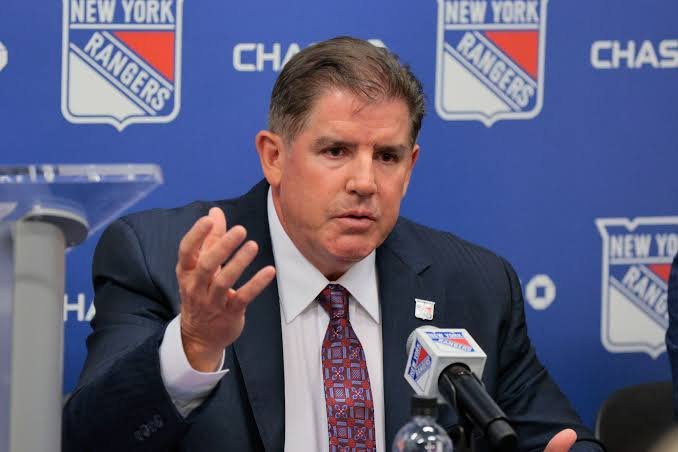In a groundbreaking move that could reshape Major League Baseball’s approach to player benefits, the Boston Red Sox have reportedly introduced a private retirement pension plan for their players. This initiative, if confirmed, would directly challenge MLB’s existing benefits system and set a new precedent for how franchises take care of their athletes beyond their playing years.
A New Standard for Player Welfare?
According to sources close to the organization, the Red Sox’s pension plan is designed to supplement MLB’s traditional player benefits by offering long-term financial security tailored specifically for those who spend significant portions of their careers with the team. Unlike MLB’s centralized pension system, which covers all players who meet service time requirements, this plan is rumored to provide additional financial support based on years of service with the Red Sox, postseason contributions, and community involvement.
“The goal is to ensure our players feel supported not just during their careers, but well into retirement,” an anonymous team executive reportedly said. “We want to make sure they have financial stability beyond their playing days.”
How the Pension Plan Works
The Red Sox pension fund is said to be financed through a combination of revenue streams, including team sponsorship deals, a portion of ticket sales, and contributions from ownership. Unlike the MLB-wide pension, which is managed through the league’s collective bargaining agreement (CBA), this team-specific plan would provide additional monthly payments and healthcare assistance for retired players who meet eligibility criteria.
Eligibility reportedly includes:
A minimum of five years spent with the Red Sox organization.
At least one postseason appearance with the team.
Active participation in Red Sox community outreach programs during their playing career.
This tiered system aims to reward loyalty to the franchise while ensuring long-term financial stability for players who helped shape the team’s success.
Why the Secrecy?
If true, this move would be unprecedented in Major League Baseball and could spark controversy within the league. The MLB Players Association (MLBPA) has historically handled all player pensions through league-wide agreements, and a team-specific fund could be seen as a challenge to that authority. Additionally, smaller-market teams may push back against a model that only wealthier franchises could afford, potentially creating disparities in player benefits across the league.
“Anything that deviates from the established league-wide benefits structure is going to ruffle some feathers,” said sports business analyst David Reynolds. “If the Red Sox can do this, what’s stopping the Yankees or Dodgers from introducing even more lucrative benefits to attract free agents?”
Player Reactions and Potential Impact
Current and former Red Sox players have remained tight-lipped about the rumored pension plan, but some have hinted at a shift in how the organization takes care of its players. Retired Red Sox legend Dustin Pedroia recently commented, “Boston has always been good to its players, on and off the field. They take care of their own.” While not a direct confirmation, such statements fuel speculation that the team is indeed taking steps to enhance post-career security for its athletes.
If the Red Sox plan proves to be real and sustainable, it could push other major franchises to follow suit, potentially forcing the MLBPA and league officials to revisit the entire structure of player retirement benefits.
MLB’s Potential Response
If the league acknowledges the existence of this pension plan, it may be forced to address how it aligns with existing agreements. While teams are allowed to offer various incentives and perks to players, retirement benefits have traditionally fallen under league governance. A team-managed pension could be seen as a violation of MLB’s collective structure, prompting potential negotiations or legal disputes.
“This could be the first step toward individual franchises having more control over how they support players post-retirement,” Reynolds added. “But it also raises concerns about fairness and accessibility across all 30 teams.”
What’s Next?
For now, the Red Sox remain silent on the matter, neither confirming nor denying the reports. However, if the pension plan is indeed in motion, it could mark the beginning of a new era in Major League Baseball—one where franchises take a more direct role in shaping the financial futures of their players.
Whether this is a pioneering step toward greater player security or a controversial shake-up to the league’s benefits system remains to be seen. One thing is certain: if the Red Sox are truly leading this charge, they may have just set the stage for a major shift in how MLB teams take care of their own.



